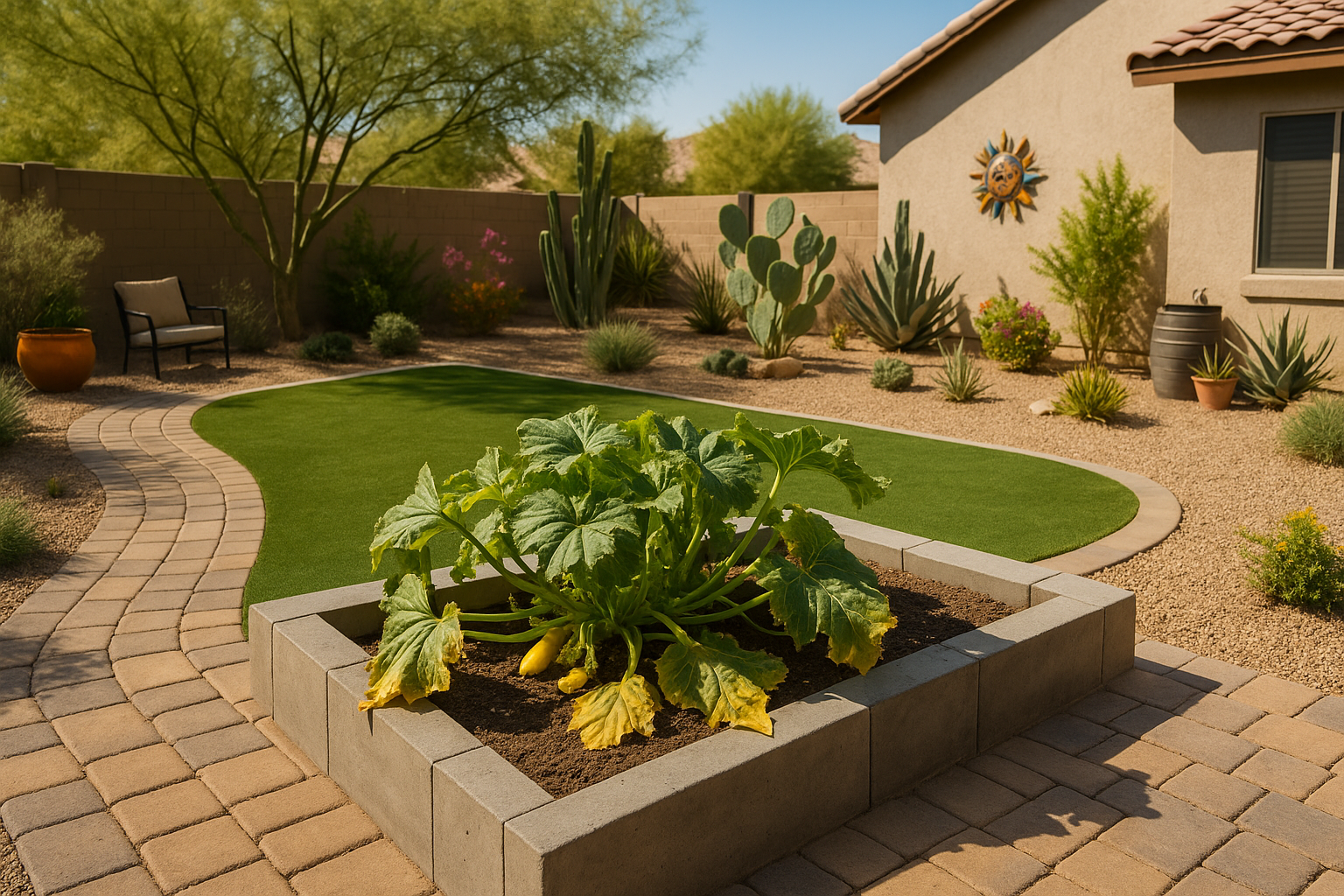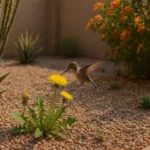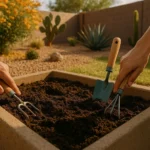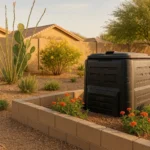Hi, Gilbert gardeners! It’s Leah here. Have you been noticing that your squash plants are having a tough time lately? Squash, a staple in our Arizona gardens, can sometimes struggle due to a variety of reasons. Whether it’s wilting leaves, slow growth, or a lack of fruit, it’s crucial to get to the root of the problem. Let’s dive into some common issues that might be causing your squash to struggle and discuss actionable solutions to get your squash thriving again.
🌱 Understanding Squash Basics
Squash plants are typically easy to grow, especially in our warm, dry Gilbert climate. However, like all plants, they have specific needs and are susceptible to certain pests and diseases. Understanding these basics will help you diagnose and address any issues your squash might be facing, ensuring a bountiful harvest.
Firstly, squash plants love sun and need a good six hours of it each day. They also require well-draining soil rich in organic matter. A common mistake is over or under-watering these plants. Squash needs regular watering, but it’s important not to let the soil get waterlogged. A layer of mulch can help retain moisture while also keeping weeds at bay.
Finally, squash plants are not lone wolves – they need pollinators to produce fruit. If your squash flowers are not being visited by bees or other pollinators, you might end up with plenty of blossoms but no squash.
😰 Common Squash Problems and Solutions

If your squash is struggling, it’s likely due to one or more of the following issues. Let’s discuss these problems and how you can solve them:
- Poor Pollination: As mentioned earlier, squash plants need pollinators. If you’re seeing flowers but no fruit, it’s likely a pollination issue. Consider attracting more pollinators to your garden with flowering plants or manually pollinate the flowers using a small brush or cotton swab.
- Incorrect Watering: Wilting leaves can be a sign of both under and overwatering. Make sure you’re watering your squash regularly, but also ensure the soil drains well to prevent waterlogging.
- Pests or Disease: Squash plants can be attacked by various pests like squash bugs, vine borers, or cucumber beetles. Diseases such as powdery mildew can also affect them. Regularly check your plants for signs of pest or disease and treat as needed. Organic or chemical pesticides can help with pests, while fungicides can treat diseases.
- Nutrient Deficiencies: Yellowing leaves or slow growth can indicate a deficiency in essential nutrients like nitrogen, phosphorus, or potassium. Consider getting a soil test to determine what’s lacking and supplement with a balanced fertilizer as needed.
🌼 Cultivating a Healthy Squash Garden in Gilbert
Squash gardening in Gilbert requires a good understanding of the local climate and soil conditions. Our warm temperatures are perfect for growing squash, but the dry climate can lead to water stress. Similarly, our soil can sometimes lack essential nutrients needed for healthy squash growth.
Regularly amending your soil with organic matter can improve its nutrient content and water-holding capacity. Compost, well-rotted manure, or a good quality garden soil mix can do wonders for boosting your soil’s health. Remember to water your squash plants deeply and regularly, especially during the hot summer months.
Protecting your squash from pests and diseases is equally important. Regularly inspect your plants for any signs of trouble like chewed leaves, powdery substances on leaves, or stunted growth. Early detection and treatment can save your squash from severe damage.
👩🌾 Gilbert Gardening Resources
Never hesitate to seek help when it comes to gardening. We’re lucky to have a wealth of resources right here in Gilbert and the wider Southeast Valley. Local nurseries, garden clubs, and extension services can provide valuable advice and resources for all your gardening needs.
You can also check out some of my previous articles for more gardening tips and advice. For instance, “Spring into Action: Cultivating Luxuriant Gardens in Sun-Kissed Gilbert” offers some great tips on spring gardening in our region. Or, if you’re ready to tackle more plant care, “Blossoming Ideas: Spring Yard and Garden Care in Queen Creek, AZ” is a must-read.
Remember, every garden has its challenges, but with patience, knowledge, and a bit of love, you can turn those struggles into success. Happy gardening, Gilbert!






